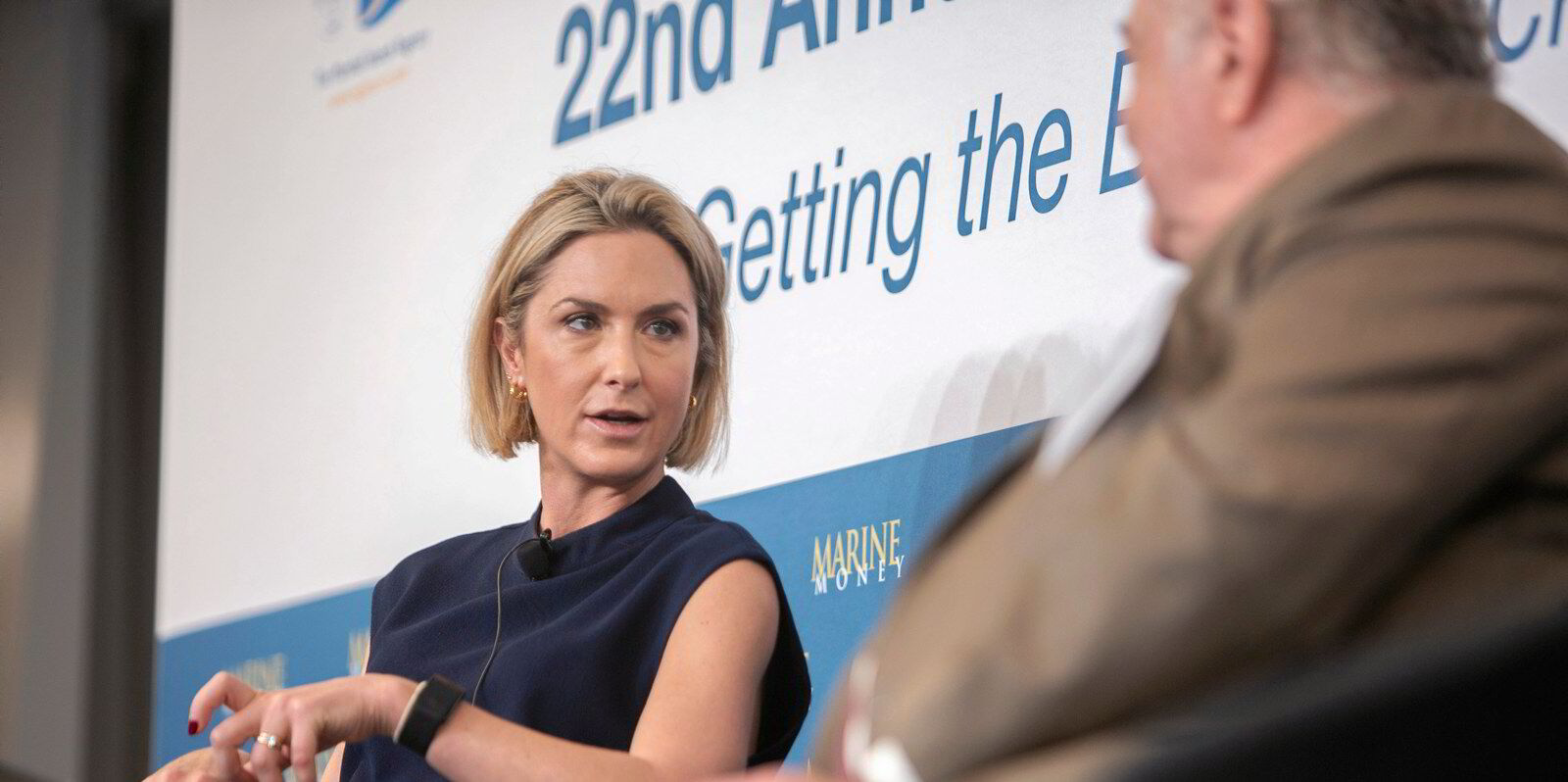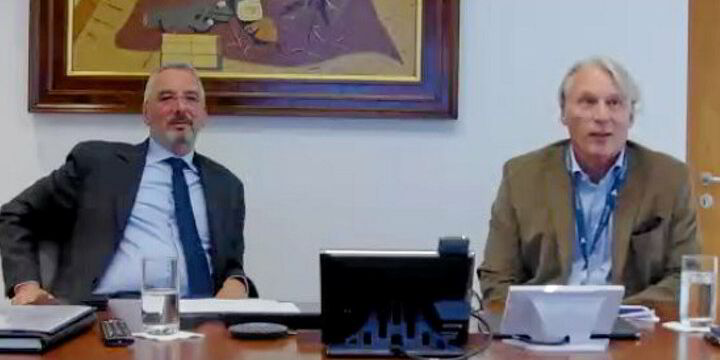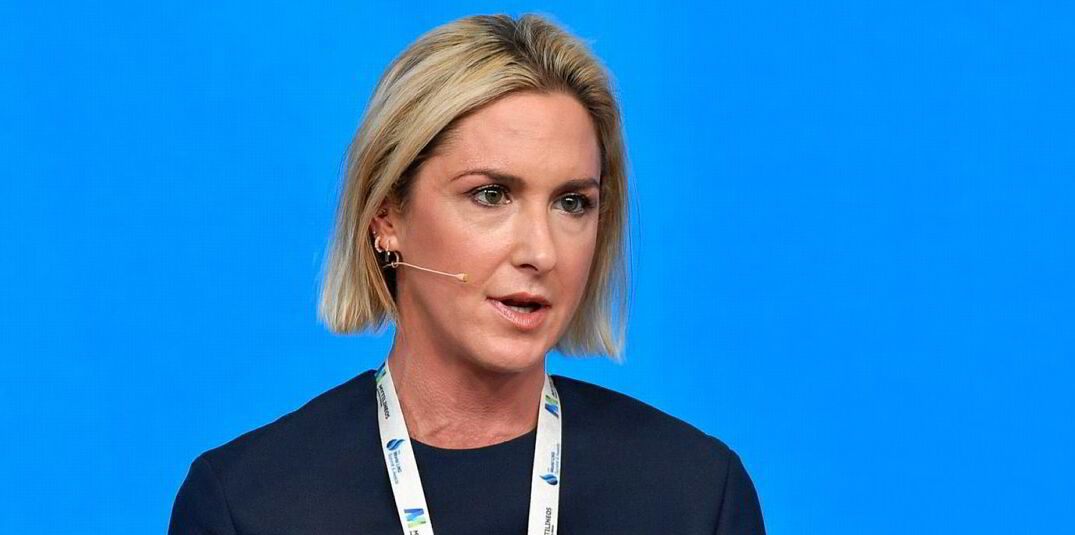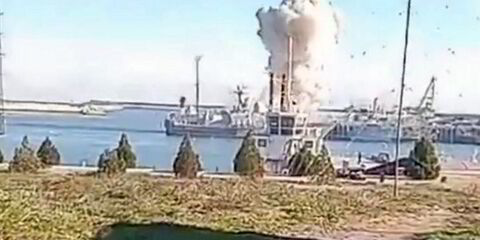Greece’s largest shipowner, the Angelicoussis Group, has given a unique insight into its massive financial power following the takeover of the $2bn fleet of Altera Shuttle Tankers (AST).
Deputy chief executive Sveinung Stohle and chief financial officer Andrew Papachristodoulou presented the tanker, LNG carrier and bulker company to investors and analysts during a conference call hosted by AST parent Altera Infrastructure.
The duo, who report to owner and CEO Maria Angelicoussis, detailed a young fleet comprising 144 ships: 42 bulkers, 54 tankers and 48 LNG carriers, with another 23 vessels on order.
Ebitda for 2024 stood at $1.9bn on 30 September, while the projected five-year average is $1.8bn.
This is a level that dwarfs most rivals, barring the record earnings secured by the giant container lines, such as AP Moller-Maersk and CMA CGM in the post-Covid boom.
The return on equity is 13%, against a five-year average of 14%.
“Our equity book value would be close to $11.2bn,” said Papachristodoulou.
As of 30 September, vessels had a book value of $14.2bn, with cash and market securities adding another $2.6bn to this.
Taking into account the market value adjustment of the ships, the group has an equity market value of about $16.7bn, he added.
By comparison, John Fredriksen’s listed tanker giant Frontline has a market capitalisation of $4.2bn.
The Greek group has a “robust balance sheet”, with $16.8bn of assets, according to the presentation.
There is $5.6bn of debt.
Plenty of untapped funds

And the CFO said: “We have approximately $1.5bn in undrawn unsecured financing facilities.
“Our current net debt position is at 21%. That’s dramatically down over the previous five-year average of 39%,” he added.
The group is projected to be debt-free by 2028.
“I think it was important that we had the ability and willingness to pay down a lot of debt going into this high interest rate environment,” Papachristodoulou explained.
“It’s a nice position to be in and I think it has arisen really from a lot of the long-term fixed charters,” he added.
The newbuilding programme consists of 12 LNG carriers and 11 tankers.
“We do have and have always had a sizeable newbuild programme as the vessels have aged,” the CFO told the call.
$1bn a year on new ships
Angelicoussis spends $1bn on average each year on newbuildings.
“All the financing for that, delivering up to 2027, has been contracted at very competitive rates,” Papachristodoulou said.
This amounts to $2.7bn in all or 70% of the contract price.
The CFO also pointed out that the fixed element of its revenue covers more than 50% of operating expenses and interest through 2029.
“It’s a very strong position for any company,” the executive added.
The group’s blended average interest cost is 6%, the CFO said.
“It’s floating, but it’s swapped, and we have approximately 30% hedged,” he added.
Asked about his group’s debt leverage being lower than AST’s, Papachristodoulou said: “We envisage that coming down [for AST].”
“It would be difficult to envisage it coming down to the 20% [level], but coming down substantially below where it currently is, probably 50% to 60%, would be more comfortable at the outset,” he told the call.
“On the high-yield market, there are always opportunities, and it’s good to add or have the availability of another source of funding for both groups,” Papachristodoulou added.
Asked about maintaining relationships with banks, Terje Selle Rundberg, vice president of financing and treasury at Altera Infrastructure, told the call: “We see that the creditor community is happy with the transaction at the outset.
“We have a very strong and supportive banking group that has been with us for a long time and supports the credit and the industry. Obviously, adding a very strong owner just makes it even easier for the banks to stay in.”





